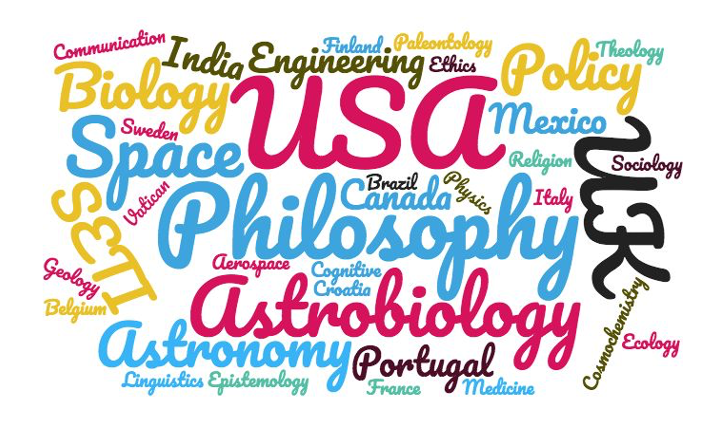
Predicting the Effects of the Outer Space Treaty on Lunar Mining
Loading...
Start Date
14-12-2020 11:35 AM
End Date
14-12-2020 11:55 AM
Description
Water is for now perhaps the most valuable commodity on the Moon. Much of the water on the Moon may be sequestered in the form of hydrates that must be mined. The Outer Space Treaty, which now has 109 countries party to it, provides the legal framework for the international space law that will affect mining. Among its many principles, it bars countries party to the treaty from placing weapons of mass destruction in outer space. About a half dozen governments, as well as several private companies, have lunar missions planned in the near future. This lunar “Gold Rush” is primed for conflict. The Outer Space Treaty stipulates that space exploration be conducted peacefully and for the benefit of all nations. It also states that no country can claim territory on a celestial body. But the treaty also introduces an ambiguity in the form of “noninterference clauses” that call for all signatories to avoid damaging signatory’s probes or outposts—for example, by landing near or on top of them. While the requirement seems reasonable, it also creates an opportunity for a country or company to monopolize the relatively small number of lunar craters containing substantial water simply by arriving there first. No Man’s Sky is an action-adventure-survival video game. The game features 4 foci: exploration, survival, combat, and trading. Players exist and operate in a procedurally generated deterministic open world universe that includes over 18 quintillion planets. Players advance in the game by mining resources to power and improve their equipment, and buying and selling resources using credits earned by documenting flora and fauna. For these reasons, No Man’s Sky provides an ideal forum in which to investigate the possible ramifications of all of the clauses of the Outer Space Treaty. This presentation will describe the results of games in which players are given a moon to explore in No Man’s Sky, and a copy of the Outer Space Treaty to honor (or violate if they so desire). In this way, we may begin to understand the possible outcomes of the new Space Race to the Moon.
Recommended Citation
Lodder, Robert, "Predicting the Effects of the Outer Space Treaty on Lunar Mining" (2020). Society for Social and Conceptual Issues in Astrobiology (SSoCIA) Conference. 8.
https://egrove.olemiss.edu/ssocia/2020/schedule/8
Predicting the Effects of the Outer Space Treaty on Lunar Mining
Water is for now perhaps the most valuable commodity on the Moon. Much of the water on the Moon may be sequestered in the form of hydrates that must be mined. The Outer Space Treaty, which now has 109 countries party to it, provides the legal framework for the international space law that will affect mining. Among its many principles, it bars countries party to the treaty from placing weapons of mass destruction in outer space. About a half dozen governments, as well as several private companies, have lunar missions planned in the near future. This lunar “Gold Rush” is primed for conflict. The Outer Space Treaty stipulates that space exploration be conducted peacefully and for the benefit of all nations. It also states that no country can claim territory on a celestial body. But the treaty also introduces an ambiguity in the form of “noninterference clauses” that call for all signatories to avoid damaging signatory’s probes or outposts—for example, by landing near or on top of them. While the requirement seems reasonable, it also creates an opportunity for a country or company to monopolize the relatively small number of lunar craters containing substantial water simply by arriving there first. No Man’s Sky is an action-adventure-survival video game. The game features 4 foci: exploration, survival, combat, and trading. Players exist and operate in a procedurally generated deterministic open world universe that includes over 18 quintillion planets. Players advance in the game by mining resources to power and improve their equipment, and buying and selling resources using credits earned by documenting flora and fauna. For these reasons, No Man’s Sky provides an ideal forum in which to investigate the possible ramifications of all of the clauses of the Outer Space Treaty. This presentation will describe the results of games in which players are given a moon to explore in No Man’s Sky, and a copy of the Outer Space Treaty to honor (or violate if they so desire). In this way, we may begin to understand the possible outcomes of the new Space Race to the Moon.

